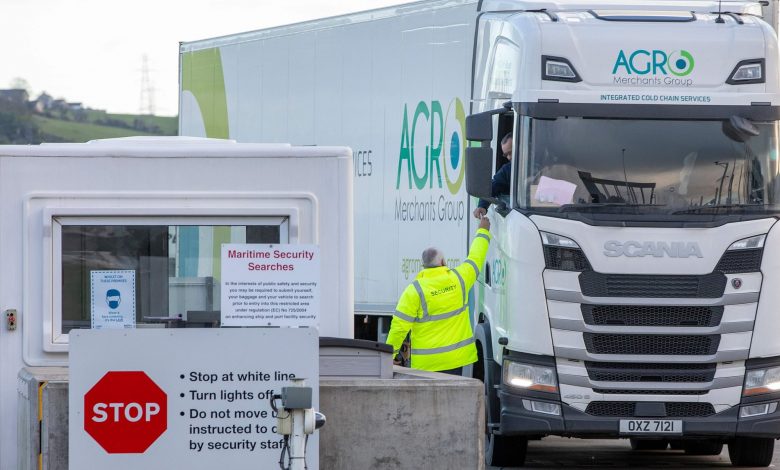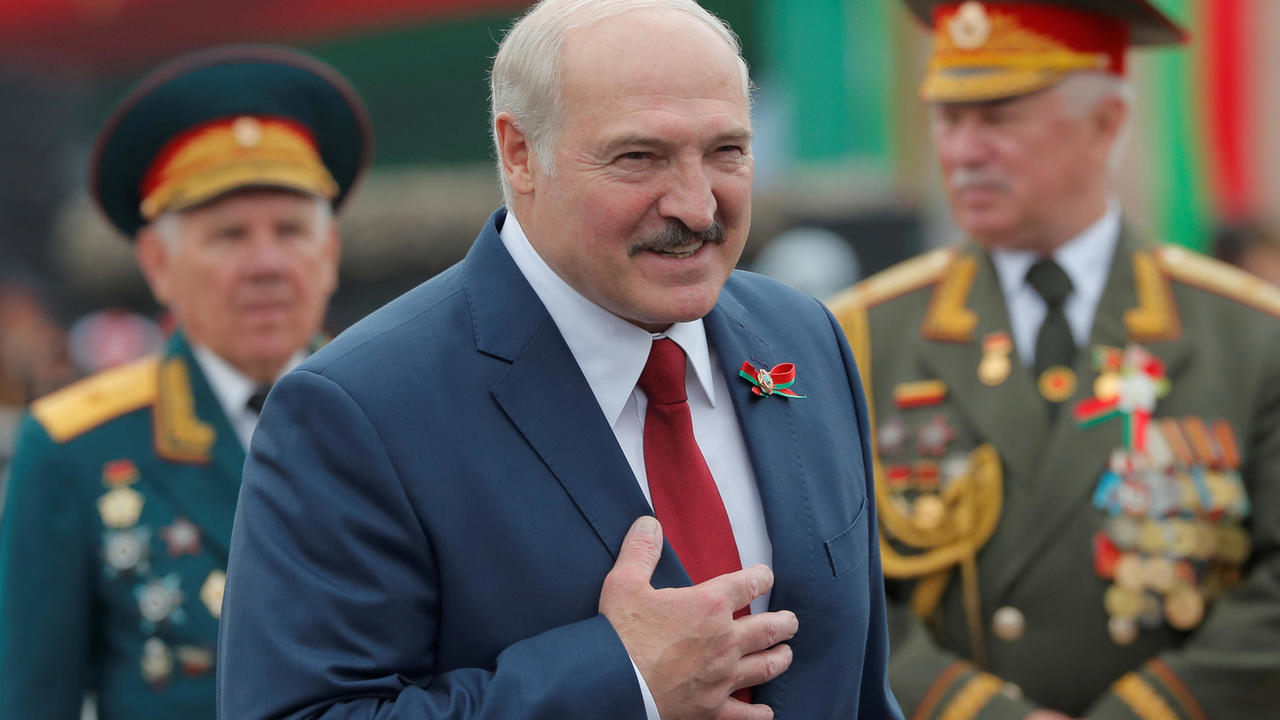Trade slumps by 50% on Ireland to Great Britain routes in first month of post-Brexit rules

independent– Trade between the Republic of Ireland and Great Britain routes has fallen by 50 per cent on this time last year, according to new figures by the Irish government highlighting the impact of the post-Brexit rules.
The government said some businesses were experiencing “severe difficulty” adapting to the new controls since the UK left the EU’s single market and customs union at the end of the transition period.
The data showed that trade volumes on Republic of Ireland and Great Britain routes were half of those reported in January 2020, with 17,500 freight vehicles arriving in Ireland on 390 ferries.
However, trade was gradually increasing week-by-week, from 61 inbound movements between 1-2 January, to 1,336 between 28-29 January while freight volumes on routes to mainland Europe were up 100 per cent on last year.
The initial drop was down to a number of factors, including the post-Brexit checks and controls, restrictions related to the coronavirus pandemic and stockpiling ahead of the end of the transition period, officials said.
In a statement, the Irish government said departments and state agencies recognised the new trading arrangements with Great Britain represented the biggest change for trade and businesses in almost 50 years.
A spokesperson added: “While many are successfully continuing to trade with Great Britain, mainly as a result of their levels of preparation ahead of December 31, some businesses, large and small, are having great difficulty, in difficulty, adapting to the new system of controls.
In a survey of its members the organisation Make UK – a representative body for manufacturers – added that the impact of the new trading rules and UK-EU relationship is already having a severe impact.
The organisation said some 61 per cent of businesses are suffering supply chain disruption either importing or exporting to and from the EU.
Make UK added: “Northern Ireland Protocol means that there will be additional checks on goods and declarations between Great Britain and Northern Ireland.
“While a number of companies seem to be aware of these new checks, not all companies have put the necessary plans and practices in place. One in five companies say they are aware and have registered for the trader support service in Northern Ireland.”
However, speaking on the BBC’s Andrew Marr programme on Sunday, the international trade secretary Liz Truss claimed: “There were all kinds of predictions of Armageddon, that we’d have huge queues at Dover, it would all be very difficult.
“In fact, many businesses have succeeded in undergoing those new processes, continuing their exports, we haven’t seen those predictions of Armageddon come true.”



